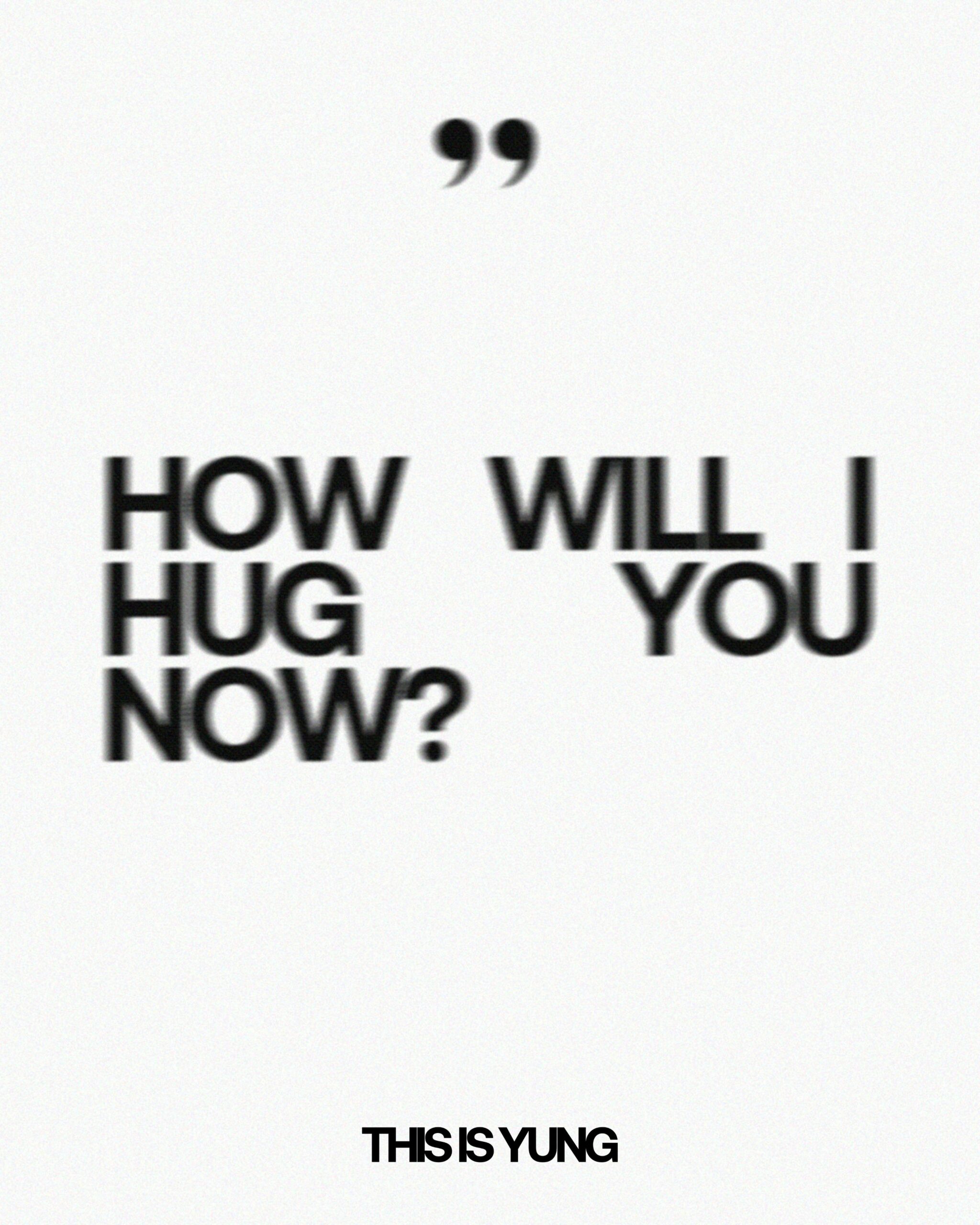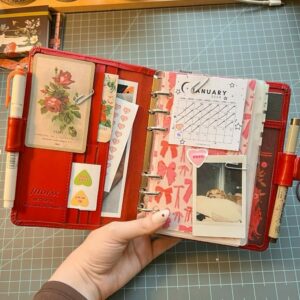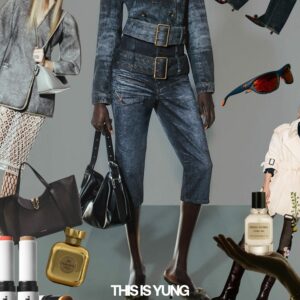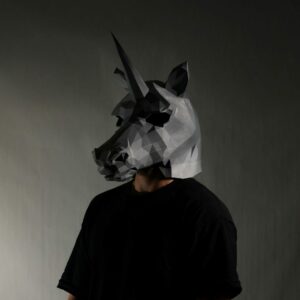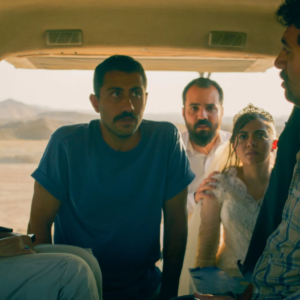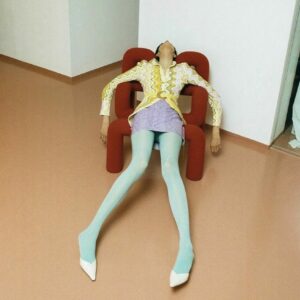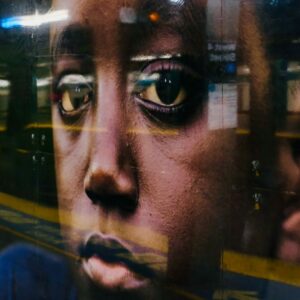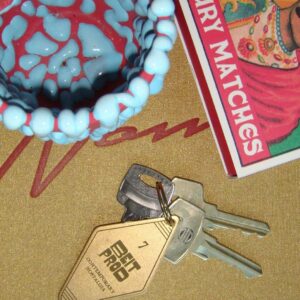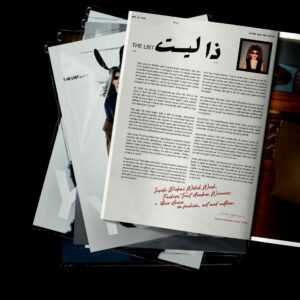“How will I hug you now?” These were the first words of young Mahmoud Ajour to his mother after waking up from injuries that cost him both arms. The photo of Mahmoud, wounded, resilient, and surrounded by the quiet weight of loss, has earned Palestinian photojournalist Samar Abu Elouf (Instagram) the World Press Photo of the Year award. But behind the global recognition is a deeply personal story of courage, sorrow, and unwavering dedication.
“My name is Samar Abu Elouf, I am a photojournalist from Gaza City and I work with The New York Times as a freelancer,” she tells us. “Given the tragic conditions that my family continues to endure in Gaza, I don’t know how to feel much joy. Despite that, I am very proud and pleased that I have won the World Press Photo of the Year Award for my photograph of a young boy named Mahmoud Ajour.”
The image, part of her poignant project “Out of Gaza” for The New York Times, cuts through the noise of headlines to tell a singular, unforgettable story. Samar Abu Elouf’s lens doesn’t just capture a moment, it confronts us with humanity.
“This achievement means a lot to me,” she shares. “This award has always been my dream, and the dream of many photographers around the world. Unfortunately, it comes during a difficult time for me, of being outside Gaza, far from my family, whom I miss very much. I wish they could have shared this happiness with me.”
Working under unimaginable circumstances, Samar Abu Elouf documented the lives of wounded Palestinians evacuated from Gaza for treatment. Many have lost limbs, families, or both. Children like Mahmoud are now orphans or patients abroad, navigating trauma far from home. “This project is a small part of the countless painful stories that have accumulated in Gaza due to the ongoing war,” Abu Elouf says.
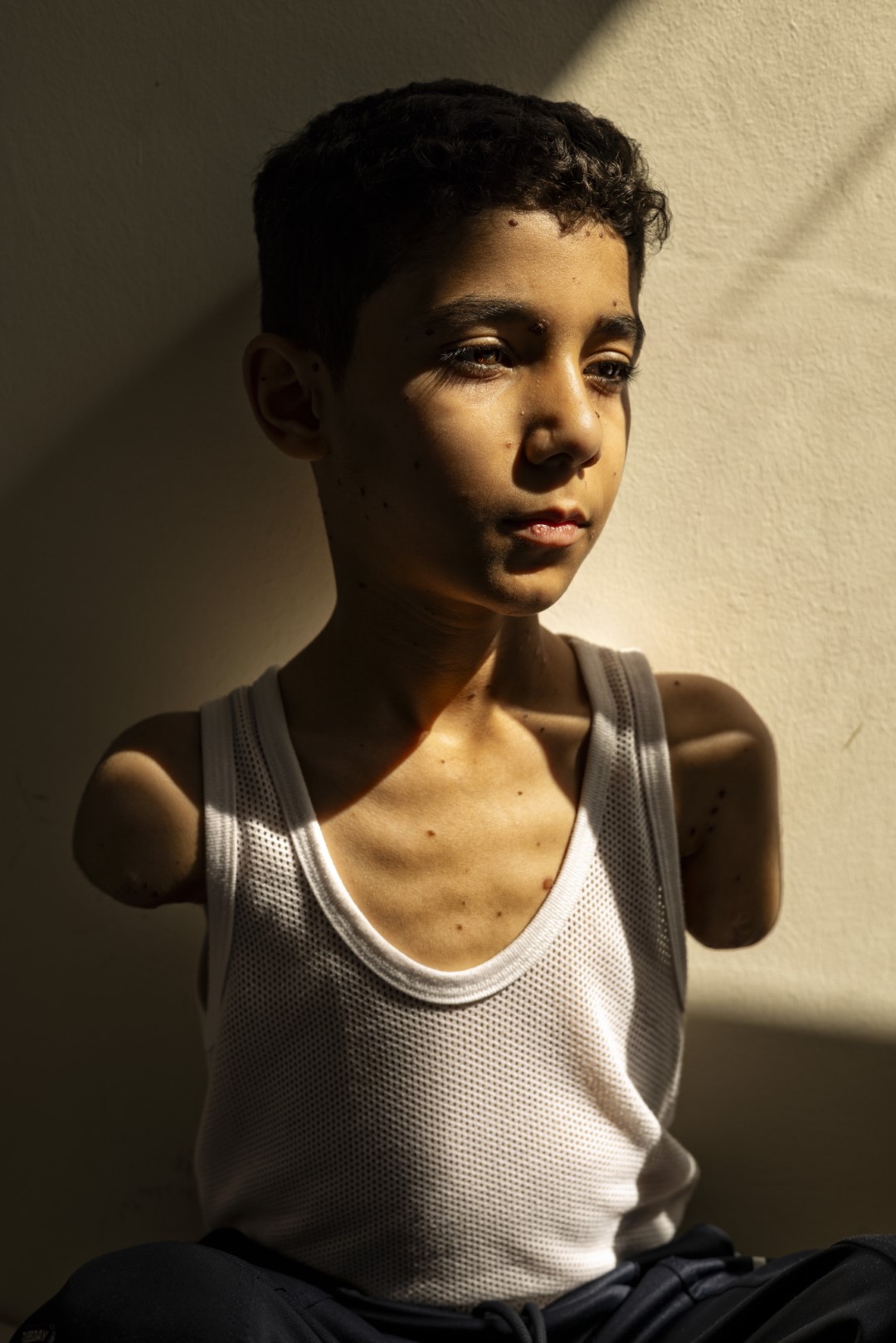
The photograph of Mahmoud is more than an image—it’s a testimony. Abu Elouf recalls the emotional weight of meeting him for the first time, saying, “I was nervous… My heart was heavy. I didn’t know how to approach photographing him. What mattered most to me was to listen to him and understand what he had gone through.”
She tells us about a particularly haunting moment shared by Mahmoud’s mother. “Right after he was wounded, he told her to run for safety with his sister and to leave him there because he thought he was going to die. But she refused to leave him.”
Mahmoud now dreams of prosthetic limbs, which he will soon receive. These will need to be regularly replaced and modified as he grows—a reminder that recovery is a long, evolving journey. For Abu Elouf, sharing Mahmoud’s story is a way to make sure the world does not look away.
“I am very grateful to the jury of World Press Photo for the recognition of my work, and choosing this photo among many important and powerful images,” she says. “The jury’s recognition gives me hope that these personal stories will reach the world so that people can understand more about what is happening in Gaza.”
Her message goes beyond awards: “Palestinian children have paid a heavy price for the horrors they have experienced, and Mahmoud is just one of those children,” she said.
Despite the weight of war and displacement, Samar Abu Elouf’s voice is clear and strong. She continues to honour the craft and the people whose stories she tells. “This award motivates me to continue developing my skills and exploring new angles in my journey as a photographer. I hope that shedding light on human stories will contribute to changing reality and encourage decision-makers to show mercy to civilians in Gaza.”
“To the photo editors at The New York Times, with whom I share this joy today—this award is evidence of everything they did to make me better. I would also like to express my sincere thanks and gratitude to the organizers of the World Press Photo and the jury for granting me this honour.”
In Abu Elouf’s photograph, the world saw pain. But through her lens, we are also invited to witness dignity, courage, and the truth that endures—even under siege.
To donate to the people of Gaza in their time of need, visit the UN’s UNWRA portal.
To discover more about the medical efforts being made to support Gazans, discover the story of the inspirational Dr. Ghassan Abu Sittah.
For more stories of art and culture, visit our dedicated pages and stay across our Instagram.
